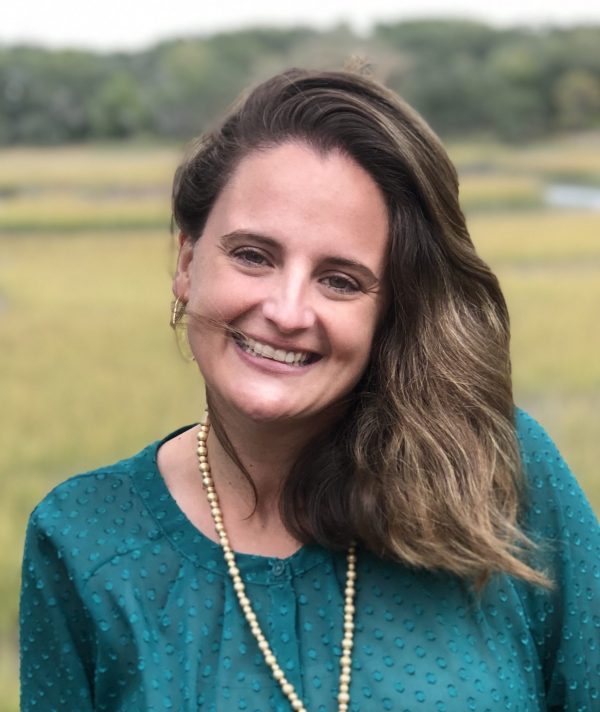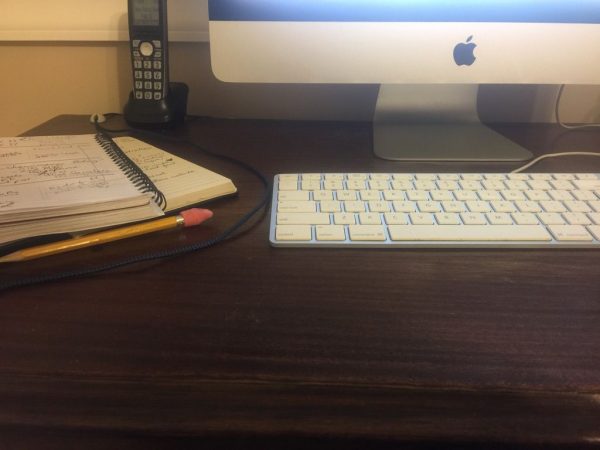Today, I’m excited to share a guest post I wrote on the new financial independence site for educators, Principal FI.
Principal FI is an educator as is his wife, and he writes for the education community about pursuing financial independence as a teacher or administrator.
Most of us see education as a profession with low pay, but Thomas Stanley found that this profession was one of the best (along with engineers) at converting their incomes into wealth. In fact, he found that educators were much better than so-called high-profile jobs like doctors and lawyers at converting their income into net worth. One of his hypotheses was that educators didn’t spend money on high-status items like cars, clothing, and housing, because no one expected them to be rich so they didn’t have to impress anyone.
I found this to be true at my old schools. The teachers I worked with tended to have frugal habits like bringing their lunches to school each day, driving older cars, and wearing everyday clothing.
So when I saw Principal FI’s Educators on FI/RE Series, I asked to tell my story. The blog features educators who are pursuing the Financial Independence, Retire Early movement, and I thought I’d add my (somewhat atypical) educator story to the blog.
Here’s the post:
Tell us about you.
Hi! I’m Laurie, a 39-year old personal finance blogger, ESL teacher, and mom of 2. My family and I decided, almost three years ago, that we wanted to move from New Hampshire to be closer to family and have more freedom to travel. So we’ve been working on doubling our net worth and transitioned to remote jobs so we could move to North Carolina and travel extensively during our summers. I blog about our imperfect journey at The Three Year Experiment.



